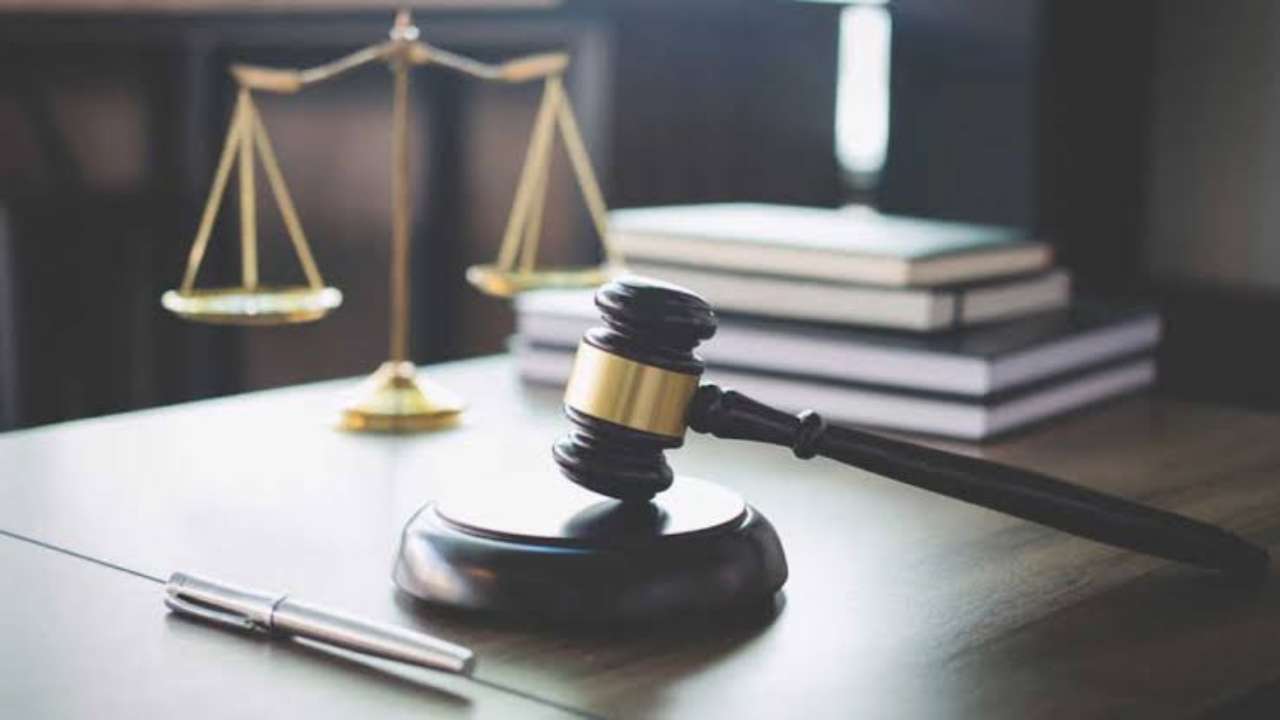The Supreme Court on Wednesday ruled out time constraints reserved for anticipatory bail and said that it can continue until the end of the trial.
A five-judge Constitution bench headed by Justice Arun Mishra said, deciding a reference made to it following “conflicting views” of some other benches of the court.
The protection granted under Section 438 of the Code of Criminal Procedure (CrPc) “should not invariably be limited to a fixed period”,
What is an anticipatory bail?
Bail, according to Black’s law dictionary describes as procuring “the release of a person from legal custody, by undertaking that he shall appear at the time and place designated and submit himself to the jurisdiction and judgment of the court.”
Anticipatory bail is seemingly different as it demands a person to be released on bail even before arrest made.
As opposed to ordinary bail, which is granted to a person who is under arrest, A S. 438 clause of the Code of Criminal Procedure, 1973, lays down the law dictating on anticipatory bail.
Sub-section (1) of the provision reads: “When any person has reason to believe that he may be arrested on an accusation of having committed a non-bailable offence, he may apply to the High Court or the Court of Session for a direction under this section; and that Court may if it thinks fit, direct that in the event of such arrest, he shall be released on bail.”
The reasoning behind Anticipatory bail:
Anticipatory bail became a clause in the new CrPC in 1973 (when the latter replaced the older Code of 1898) after the 41st Law Commission Report of 1969 recommended the inclusion of the provision.
The report stated, “The necessity to have anticipatory bail can arise due to a multitude of factors mainly because sometimes influential persons try to implicate their rivals in false cases for the purpose of disgracing them or for other purposes by getting them detained in jail for some days.”
Apart from false cases, where there are reasonable grounds for holding that a person accused of an offence is not likely to abscond, or otherwise misuse his liberty while on bail, there seems no justification to require him first to submit to custody, remain in prison for some days and then apply for bail.”
The1980 Gurbaksh Singh Sibbia vs State of Punjab case reflects on anticipatory bail, a five-judge Supreme Court bench led by then Chief Justice Y V Chandrachud ruled that S. 438 (1) is to be interpreted in the light of Article 21 of the Constitution (protection of life and personal liberty).
It also observed, “It may perhaps be right to describe the power (of anticipatory bail) as of an extraordinary character. But this does not justify the conclusion that the power must be exercised in exceptional cases only, because it is of an extraordinary character.
We will really be saying once too often that all discretion has to be exercised with care and circumspection depending on circumstances justifying its exercise.”
Conditions while granting anticipatory bail:
While granting anticipatory bail, the Sessions Court or High Court can impose the conditions laid down in sub-section (2).
S. 438(2) clause reads: “When the High Court or the Court of Session makes a direction under sub-section (1), it may include such conditions in such directions in the light of the facts of the particular case, as it may think fit, including —
- A condition that the person shall make himself available for interrogation by a police officer as and when required.
- A condition that the person shall not, directly or indirectly, make any inducement, threat or promise to any person acquainted with the facts of the case so as to dissuade him from disclosing such facts to the Court or to any police officer;
- A condition that the person shall not leave India without the previous permission of the Court;
- Such other conditions as may be imposed under sub-section (3) of section 437, as if the bail were granted under that section.”


















